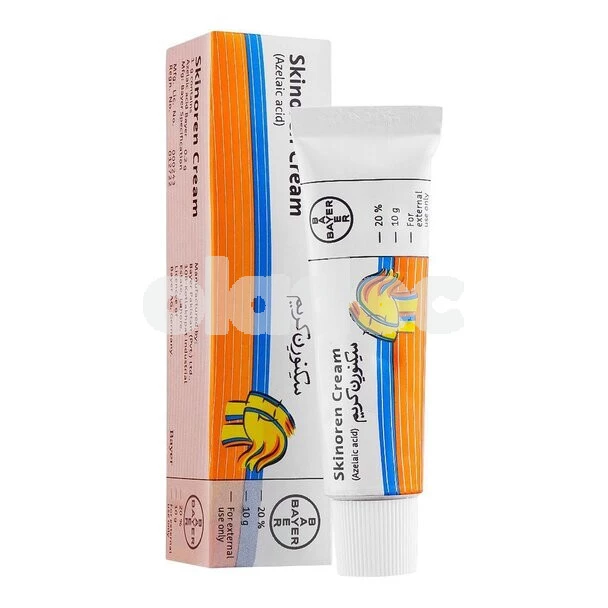Despite being named after their main transmission source, Sexually Transmitted Infections or STIs can just as easily be transferred from one person to another through sharing of personal items like towels and coming in contact with infected blood. And unlike popular misconceptions, nearly all STIs are easy to cure and prevent. Consult a urologist or a gynecologist immediately if you have STI symptoms.
Following are some of the most effective treatment and preventative methods against Sexually Transmitted Infections:
Table of Contents
Prevention:
Sexually Transmitted Infections prevention is simple, effective, and much more convenient than extensive treatment and the sexual and daily life disruptions associated with it:
- Completely avoid any sexual activities.
OR
- Maintain a sexual relationship with only one uninfected partner, as more partners increases the likelihood of contracting an infection.
- Get a full-panel screening for yourself and your new partner to root out any possible infection acquired through accidental non-sexual contact like needles, blood transfusions, and razors.
- Consider getting screened for STIs before becoming sexually active or at age 21-whichever comes first.
- Children between 11-12 should be administered with HPV vaccines, or through age 26 if unvaccinated earlier, as screenings for HPV are unavailable. Similarly, vaccines for the largely incurable Hepatitis B and A vaccines should be administered at birth and age 1, respectively.
- Always use latex condoms and water-based lubricants instead of monoxynol-9 condoms and oil-based lubricants like petroleum jelly as they are ineffective and only irritate the genitals. Natural membrane condoms are also ineffective at preventing STIs and should also be avoided.
- Avoid intercourse if your partner has genital sores, a rash, genital discharge, or any other STI symptoms.
- Always wash before and after intercourse and avoid sharing towels and undergarments.
- Decide on a mutual agreement of what practices are and aren’t preferable with your partner before any sexual activity.
- Male circumcision (cutting off the penis’ foreskin) helps prevent contraction and sexual transmission of HIV, HPV, and genital herpes. The recommended age range for circumcision is between 7 days after birth and age 10 before puberty sets in.
- Truvada, a common part of HIV treatment, can also be taken to prevent HIV and Hepatitis B in high-risk individuals. However, patients should be screened for hepatitis B before being prescribed the medication, or tested for kidney function in case of an already present hepatitis B infection. Also, Truvada is not a replacement for condoms and should therefore be taken daily as prescribed alongside condoms during intercourse.
Treatment:
Sexually Transmitted Infections are usually caused by viruses or bacteria and can therefore be treated with antibacterial and antiviral medications, respectively. However, bacterial infections are easier to treat and cure, whereas viral infections cannot be cured, only managed.
1-Antibiotics:
Usually requiring a single dose, antibiotics are prescribed for treating and curing infections like gonorrhea, syphilis (both of which often appear together and are hence, treated simultaneously) chlamydia, and trichomoniasis. However, the entire prescribed course must be taken and all sexual activities halted to avoid reinfection and transmission.
Note: If the course is too long or complex to follow regularly, ask your doctor for a possibly shorter and easier-to-follow alternative. Also, consult your doctor if your symptoms reappear or don’t resolve despite full course completion.
2-Antivirals:
Antivirals work by suppressing infection symptoms and minimizing the risk of transmission when taken on a daily basis. Treatment is at its most effective when started as soon as possible, as it stops the condition’s progression and lowers the virus count to near-undetectable levels. A Special Antiretroviral Therapy (ART) which combines antiviral and symptom treatment medications is used for slowing HIV progression.
The frequency and severity of outbreaks is also greatly reduced with early treatment, like in herpes.
3-For Other STIs:
STIs originating from parasites, like pubic lice, scabies, and trichomoniasis, are easiest to treat with OTC and prescription-grade oral and topical medications.
Note: HPV and Hepatitis B either clear up on their own, or only have symptomatic treatments. However, vaccinations at an early age can keep these infections at bay. Also, whatever the treatment method, retesting is required after course completion to ensure that the infection has fully cleared up or is under control.
In addition to practicing safe sex, everyone between 13-64, whether sexually active or not, is encouraged to get intermittent STI screenings to catch possible infections as early as possible.
Contact your doctor to schedule a screening, or book an appointment with a top urologist in Peshawar, Karachi and Islamabad through oladoc.com, or call our helpline at 042-3890-0939 for assistance to find the RIGHT Doctor for your sexual health concerns.






